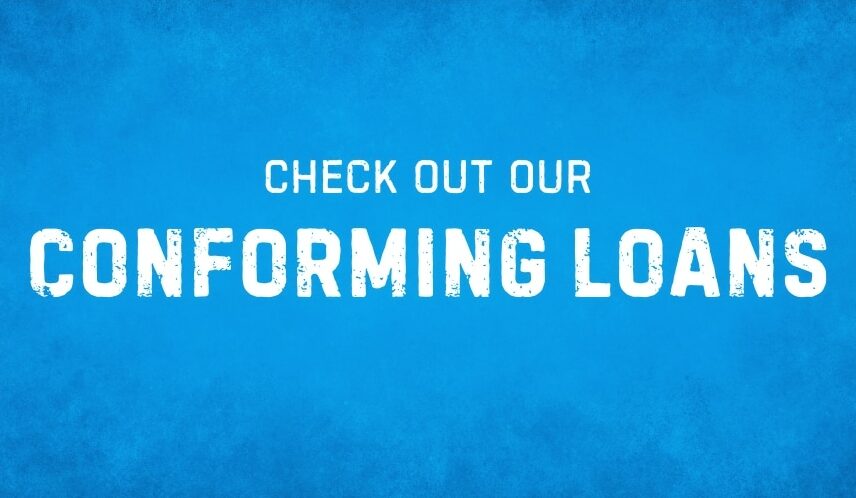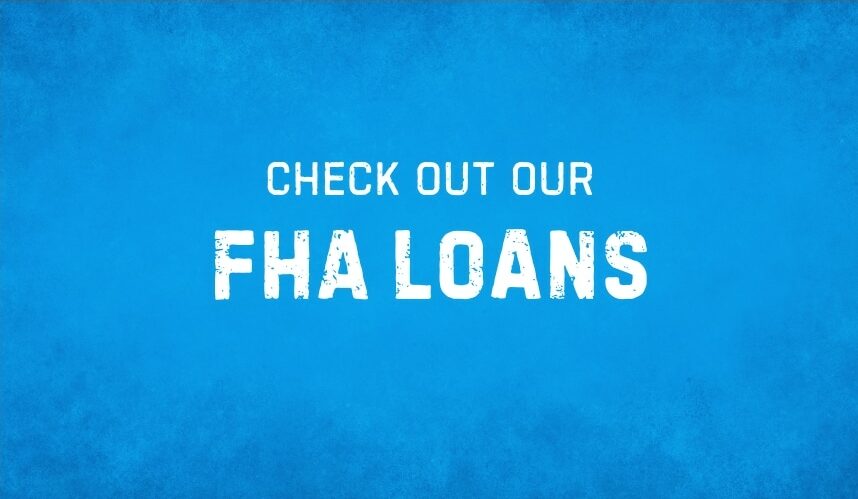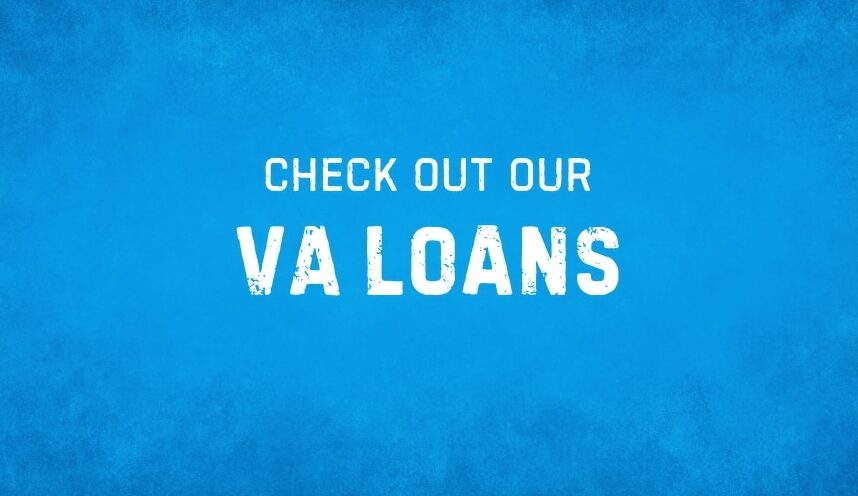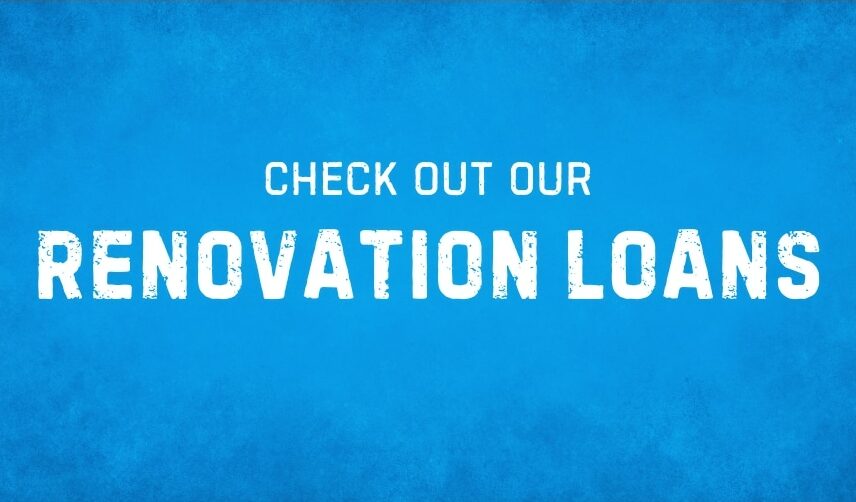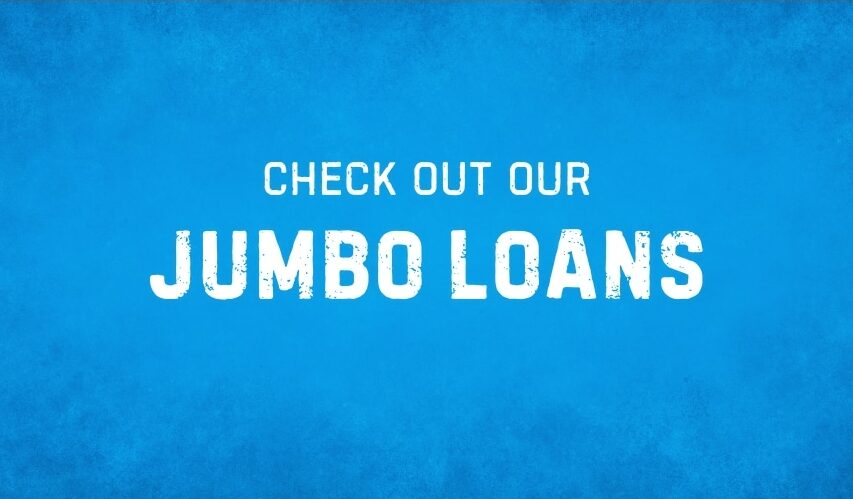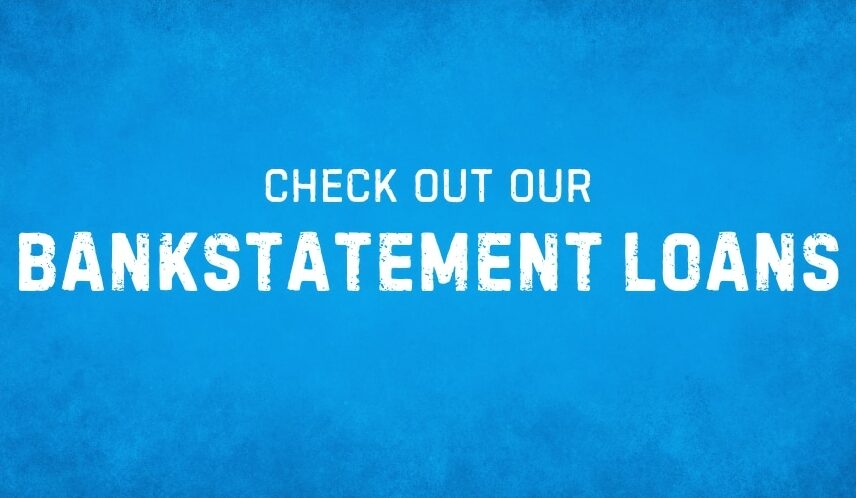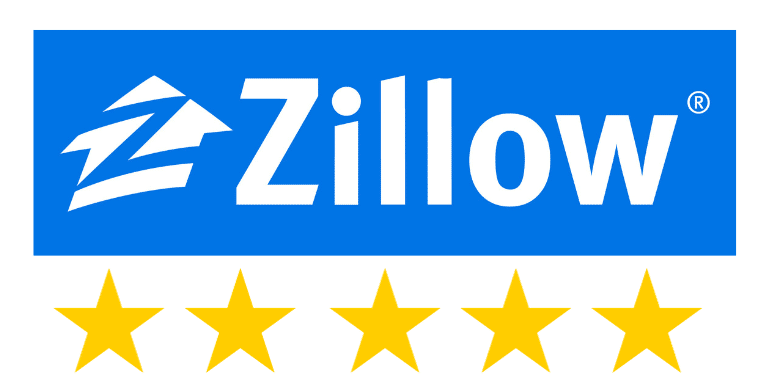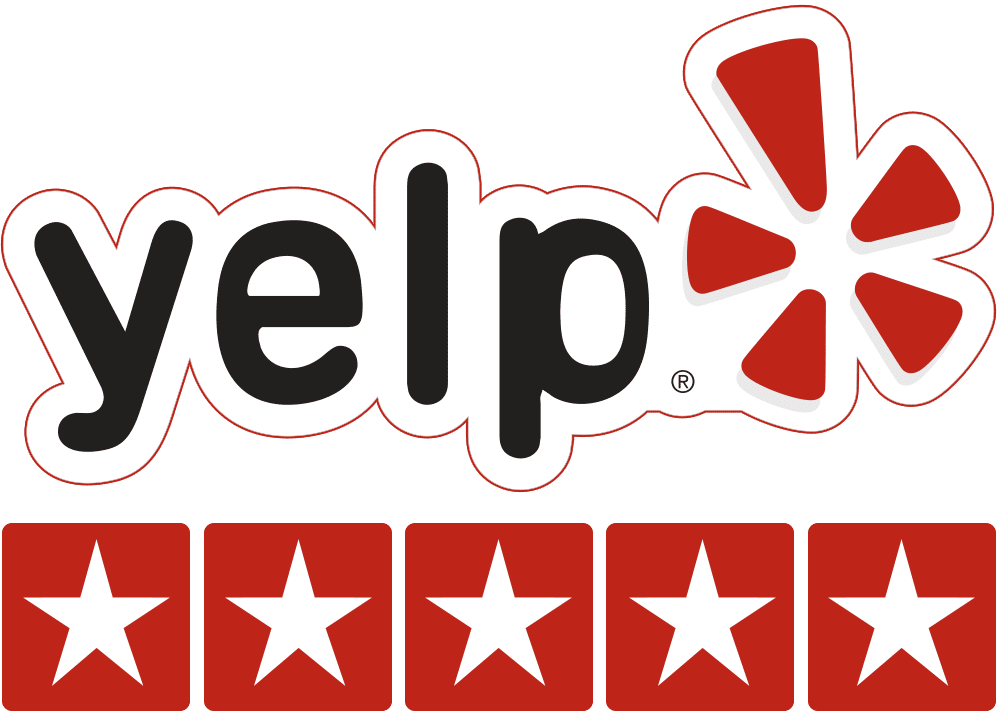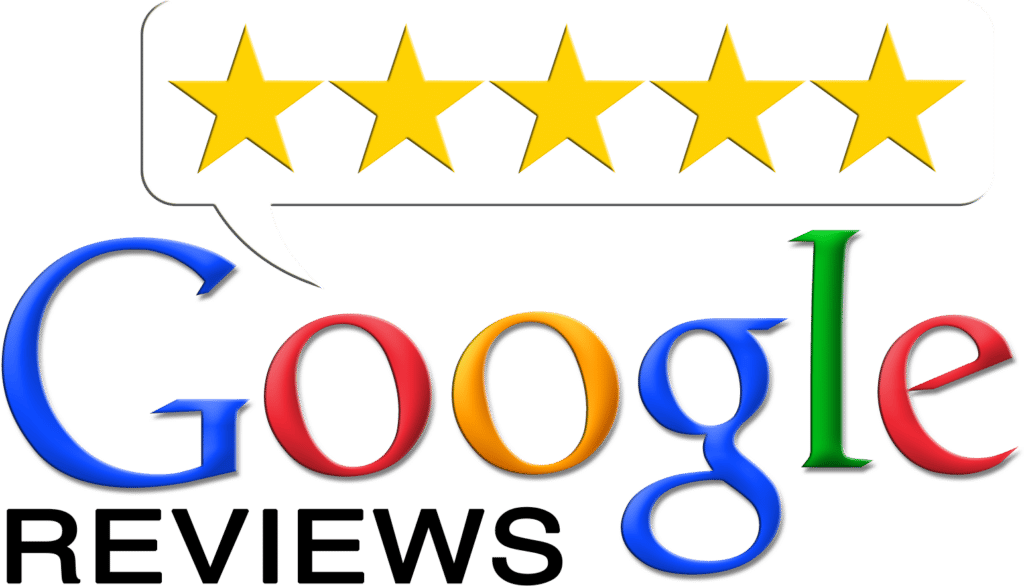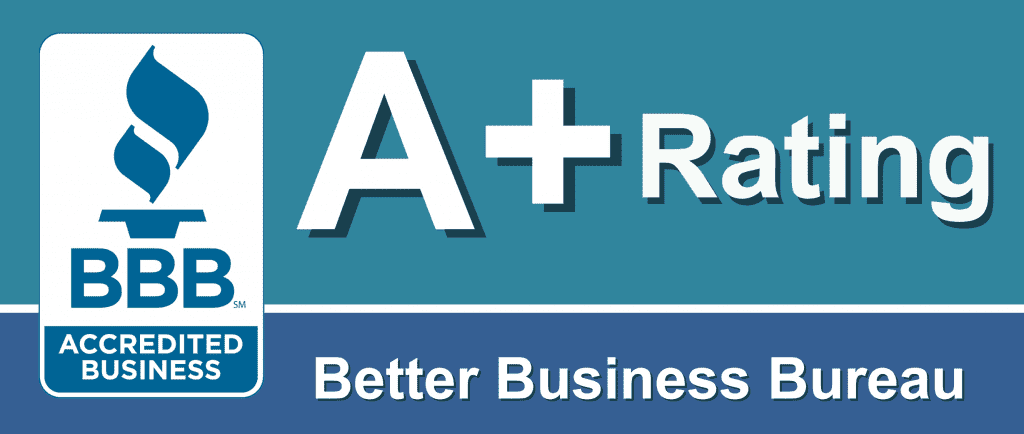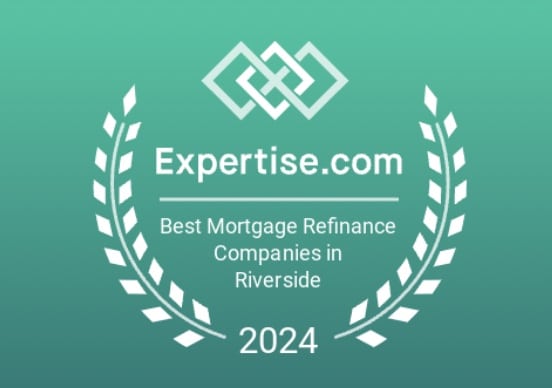
What Is A Conventional Home Loan?
A residential conventional home loan is a mortgage that is not insured or guaranteed by the federal government. Private home loan lenders, such as banks, credit unions, and mortgage brokers, typically offer conventional home loans.
Conventional loans are generally available to borrowers with good to excellent credit, have competitive mortgage rates, and a down payment of at least 3% of the purchase price is required (or 3% equity if it’s a refinance).
A conventional home loan can be used to buy a single-family home, a condominium, a manufactured home, or a multi-family property (such as a duplex or triplex) as your primary residence, secondary residence, or investment property.
Conventional home loan benefits
There are many conventional home loan benefits. Here are some of the benefits available to homebuyers and homeowners.
- Purchase or refinance transactions
- Cash-out loan options
- Renovation loan options
- Multi-unit properties allowed
- Temporary buydown program
- Fast underwriting and closing
- Multi-million dollar loan amounts
- Low down payment requirements
- Gift down payment funds allowed
- Fixed and adjustable rate loan options
- Non-US Citizen home loan programs available
- Very competitive rates for good to excellent credit
- Appraisal waivers are accepted with some applications
- Flexible underwriting guidelines for loan applicants with good to excellent credit
As you can see, conventional home loans offer many benefits, which is why they are the most popular home loan program for homebuyers and homeowners.
Conventional home loan requirements
Here is an industry-standard list of conventional home loan requirements.
- 620 credit score (or higher)
- Sable income with continuation
- Debt-to-income ratio at or below 50%
- Appraisal or appraisal waiver requirements
- Some conventional loans can have a pre-payment penalty
- 3.00% or more down, or if it’s a refinance, 3.00% or more equity
- Lender or borrower-paid private mortgage insurance is required for home loans that have a loan-value-ratio above 80%
- Minimum loan amount of $100,000. Some lenders will go lower, and others have set their minimum loan amount at a higher level.
- The property must be a Single Family Residence, Condominium, Manufactured home, or Multi-Unit property (up to four units). No commercial properties allowed
Obtaining a conventional loan approval from an underwriter is a multi-step process. Working with an experienced loan officer will make a big difference in navigating underwriting requirements.
Conventional loan requirements differ from lender to lender, so it’s important you discuss the requirements of your conventional loan with your loan officer to ensure there are no surprises at closing.
Do You have a question or need a quote?
Contact KevinLow rates, fast closings, and exceptional service.
Conventional loan programs
Conventional loans are available in a variety of loan programs, including fixed-rate loans, adjustable-rate loans, and hybrid loans (such as a 2-1 buydown home loan). Fixed-rate loans have a fixed interest rate for the entire loan term, while adjustable-rate loans have an interest rate that can change over time.
Examples Of Fixed-Rate Loans
- 30-year fixed rate
- 20-year fixed rate
- 15-year fixed rate
Conventional fixed-rate loans are great for loan applicants who prefer stability over risk. Your interest rate and monthly mortgage payment never change.
Examples Of Adjustable-Rate Loans
- 5/1 adjustable rate
- 7/1 adjustable rate
- 10/1 adjustable rate
For a 5/1 adjustable-rate conventional loan, your interest rate is fixed for five years, and then it will adjust each year after that (for the next 25 years). A 7/1 adjustable rate means the rate is fixed for seven years, and a 10/1 adjustable rate is fixed for ten years. Most conventional adjustable-rate loans are for 30 years; however, some are shorter or longer.
Also, some lenders offer a 5/6 adjustable rate, which means the rate is fixed for five years and then adjusts every six months.
Adjustable-rate conventional loans are good for loan applicants who prefer a lower-rate option and don’t mind the risk associated with an adjustable-rate loan.
Hybrid Home Loans
Conventional hybrid loans are a combination of fixed-rate and adjustable-rate loans and generally include a “teaser rate” along with multi-payment options. These are complex loans, and I do not suggest you consider a hybrid loan unless you have more than a decade of actively investing in real estate. These loans come with a high level of risk.
The pros and cons of a conventional loan
Here is a list of the pros and cons of a conventional home loan. It’s important to consider both the positives and negatives when deciding if a conventional loan is for you.
Conventional Home Loan Pros
Here are the pros associated with a conventional home loan.
Low Down Payment Options
Conventional loans typically require a down payment of at least 3%, which can be a more affordable option for borrowers who may not have a large down payment saved. Some conventional loans require at least 10% down; if you have a low score, you might be required to put down 20%.
Flexible Loan Programs
Conventional loans are available in a variety of loan programs, so borrowers can choose the loan that best meets their needs. 30-year fixed, 15-year fixed, 10/1 ARM, and 7/1 ARM are some options available. Also, depending on which type of Conventional loan you are obtaining and your credit score, underwriting guidelines are fairly flexible, especially if you have a large down payment.
Low Mortgage Rates
Conventional loans have low mortgage rates, which can make them more affordable for borrowers. The lowest conventional loan interest rates are conforming home loan rates. At times a Jumbo might dip below a conforming loan interest rate, but that is not the norm.
No Military Service Requirement
The VA home loan product requires the loan applicant to have been in or is currently in the armed forces. However, with a conventional loan, you don’t need to have served in the military.
The Conventional Home Loan Cons
Here are the cons of conventional home loans.
Higher Credit Score Requirements
Conventional home loans typically require a higher credit score than other types of loans, such as FHA or VA loans. This can make it more difficult for borrowers with lower credit scores to qualify for a Conventional loan.
Tougher Underwriting Requirements
A conventional loan usually has a more stringent set of underwriting guidelines for those who don’t have great credit (when compared to an FHA home loan or a VA home loan). If you have a below 700 credit score, be prepared for a bit more work if you obtain a conventional home loan.
Some Conventional Loans Have A Pre-Payment Penalty
Some conventional loans, such as bank statement loans, come with a pre-payment penalty. If a conventional home loan has a pre-payment penalty, it can be as short as one year or as long as five years.
Usually, it’s between two and three years.
Private Mortgage Insurance
Conventional loans require private mortgage insurance (PMI) if the down payment is less than 20% of the purchase price. PMI can increase the overall cost of the loan. There is also something called “lender-paid” PMI. This is where the lender pays the PMI by increasing the interest rate you lock in.
Don’t Do Lender Paid PMI
I do not suggest going with a lender-paid PMI program for this simple reason: once your loan-to-value ratio dips below 78%, you will still have the higher lender-paid PMI rate you locked in.
If you did the borrower-paid PMI, you would be able to eliminate the PMI and have an overall lower monthly payment.
A conventional vs. conforming home loan
Many homeowners and homebuyers think a conventional and conforming home loan is the same thing, but they’re not. As mentioned, a conventional loan is a mortgage that is not insured or guaranteed by the federal government.
A conforming home loan is a specific type of conventional loan that “conforms” to the underwriting guidelines and loan limit requirements of Fannie Mae and Freddie Mac.
There are many types of conventional loans that are not conforming home loans. For example, a Jumbo home loan is a conventional home loan but not a conforming home loan. Additional examples include the Bank Statement mortgage loan program, Portfolio home loans, and home equity loans (commonly referred to as second mortgages).
HELOCs are not conventional home loans. They are lines of credit, similar to a credit card.
Do You have a question or need a quote?
Contact KevinLow rates, fast closings, and exceptional service.
Are conventional loans right for you?
Conventional loans are an excellent option for most homebuyers and homeowners. Low rates, low down payment requirements, and various terms available make conventional home loans a great product for those looking to buy a home or refinance a current mortgage.
When evaluating your options, consider all the pros and cons of the home loan product you are considering. To help you do this, work with a seasoned loan officer who works for a top-rated mortgage company.

